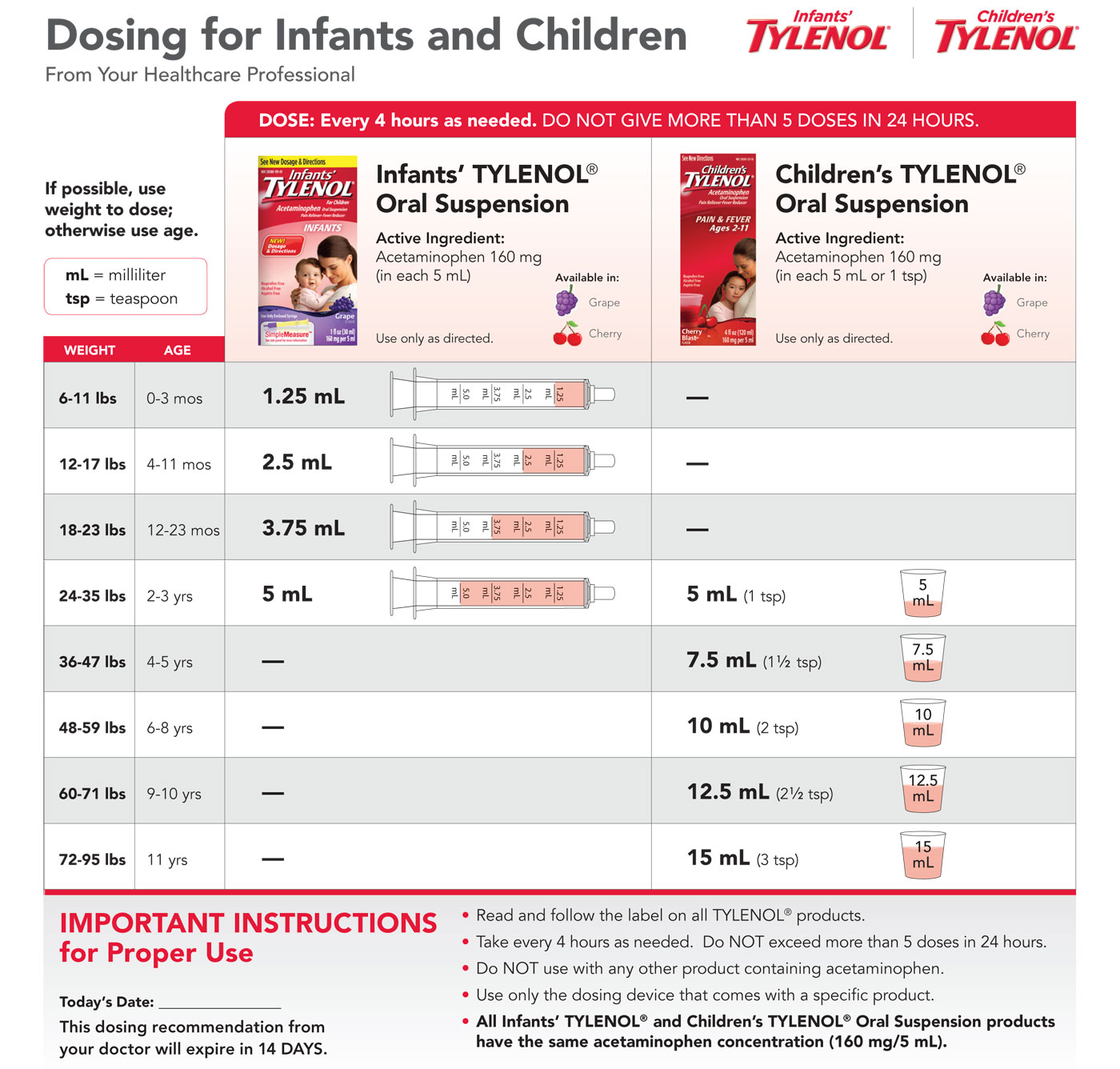


In some cases, it also is used for the prevention and care of some cardiovascular conditions (ask your doctor if this is appropriate for you). What it is: Aspirin is an NSAID that can reduce fever and inflammation and ease mild-to-moderate pain. Different NSAIDs (more on that below) may be used for other reasons or specific problems. What you should use them for: Pain, fever, and inflammation. What else to know: Short-term NSAID use can cause an upset stomach. Low-dose aspirin is safe to take during pregnancy, but before doing so, women should consult their provider for guidance. NSAIDs should be avoided entirely at 30 weeks or longer into a pregnancy due to an increased risk of fetal harm. Pregnant women should be aware that NSAID use should be limited and only taken under the supervision of a health care provider between 20 and 30 weeks of pregnancy due to potential harm to the fetus. In addition, if you have a chronic condition, such as kidney disease, or if you take a blood thinner medication, it’s important to talk to your doctor before taking the medicine.

Anyone taking these drugs should seek medical attention immediately if they experience symptoms such as chest pain, shortness of breath or trouble breathing, weakness in one part or side of their body, or slurred speech. How they work: NSAIDs work by blocking cyclooxygenase enzymes-COX-1 and/or COX-2- from making chemicals called prostaglandins, which contribute to inflammation, pain, and fever.Ĭautions: All non-aspirin NSAIDs carry an FDA warning that says these medicines increase the risk of heart attack or stroke, which can occur as early as the first weeks of using the medicine. Their ability to reduce inflammation may make them more effective than acetaminophen for treating certain conditions (more on acetaminophen below). They also treat inflammation and related symptoms, including swelling from arthritis, as well as sprains and strains. These medicines, which include aspirin, ibuprofen, and naproxen, among others, relieve pain and reduce fever. What are Nonsteroidal Anti-Inflammatory Drugs (NSAIDs)? It’s important to follow the directions on the label, especially if you have medical issues or take other medications.”īelow, we explain the differences between the two categories of OTC medicines and answer commonly asked questions about them. “You have to remember you are still taking a medication. “Over-the-counter medicines can be very helpful, but people need to take them with caution,” says anesthesiologist Donna-Ann Thomas, MD, Yale Medicine’s division chief of pain medicine. And there can be health consequences if you take too much of them. We can’t cover all of the cautions here, so it’s important to read the label carefully and talk to your doctor and/or pharmacist with questions and concerns.Īs with any drug, OTC pain medicines have risks and potential side effects. Pay attention to the cautions on the label, especially if you are pregnant, older, taking other medications, or have any health conditions. (Combining any medicines-whether they are prescription or nonprescription ones-can potentially cause an adverse reaction, or-if both contain a similar ingredient-an overdose.) The best medicine for you depends on your age, any medical conditions you may have, and other medications you may be taking. Most OTC medications fall into one of two categories: nonsteroidal anti-inflammatory drugs (NSAIDs) and acetaminophen, and there are different subtypes and brands (and generic options) within each of these categories.Ĭhoosing the right OTC pain medicine can be overwhelming. Called over-the-counter (or OTC) treatments, you can get these medicines without a prescription, and they will ease pain, bring down a fever, and treat inflammation, depending on which one you take. Pain relievers you buy at the store may be one of the first things you reach for when you hurt yourself, have a headache or backache, or feel discomfort due to some other nagging ailment that doesn’t require a visit to the doctor.


 0 kommentar(er)
0 kommentar(er)
